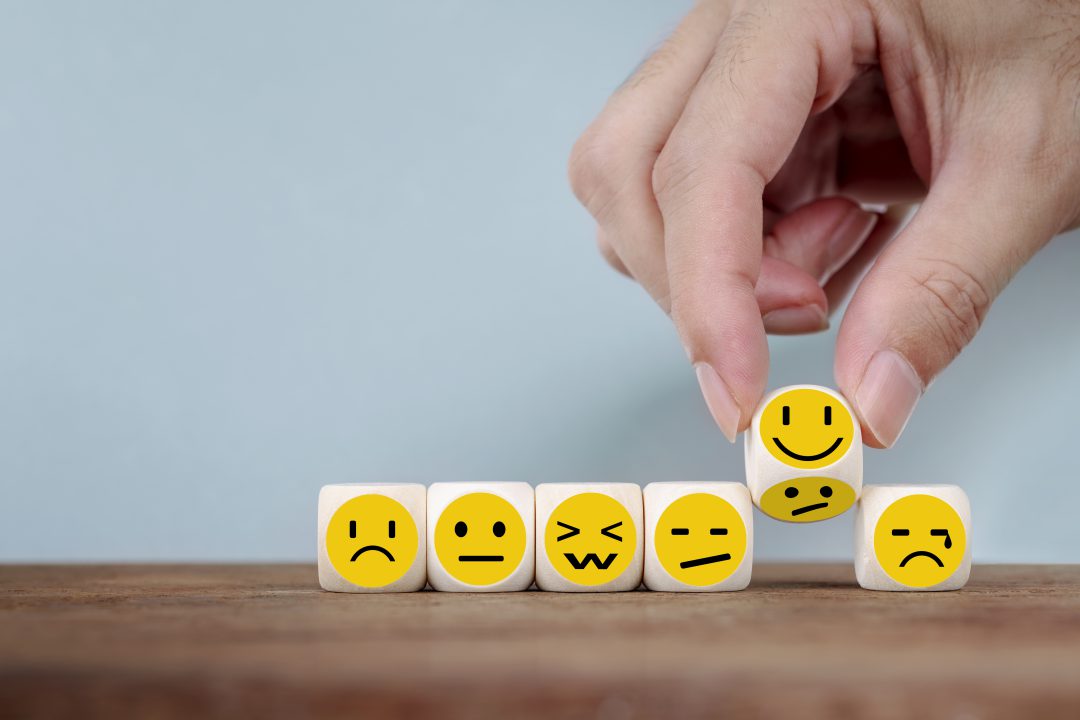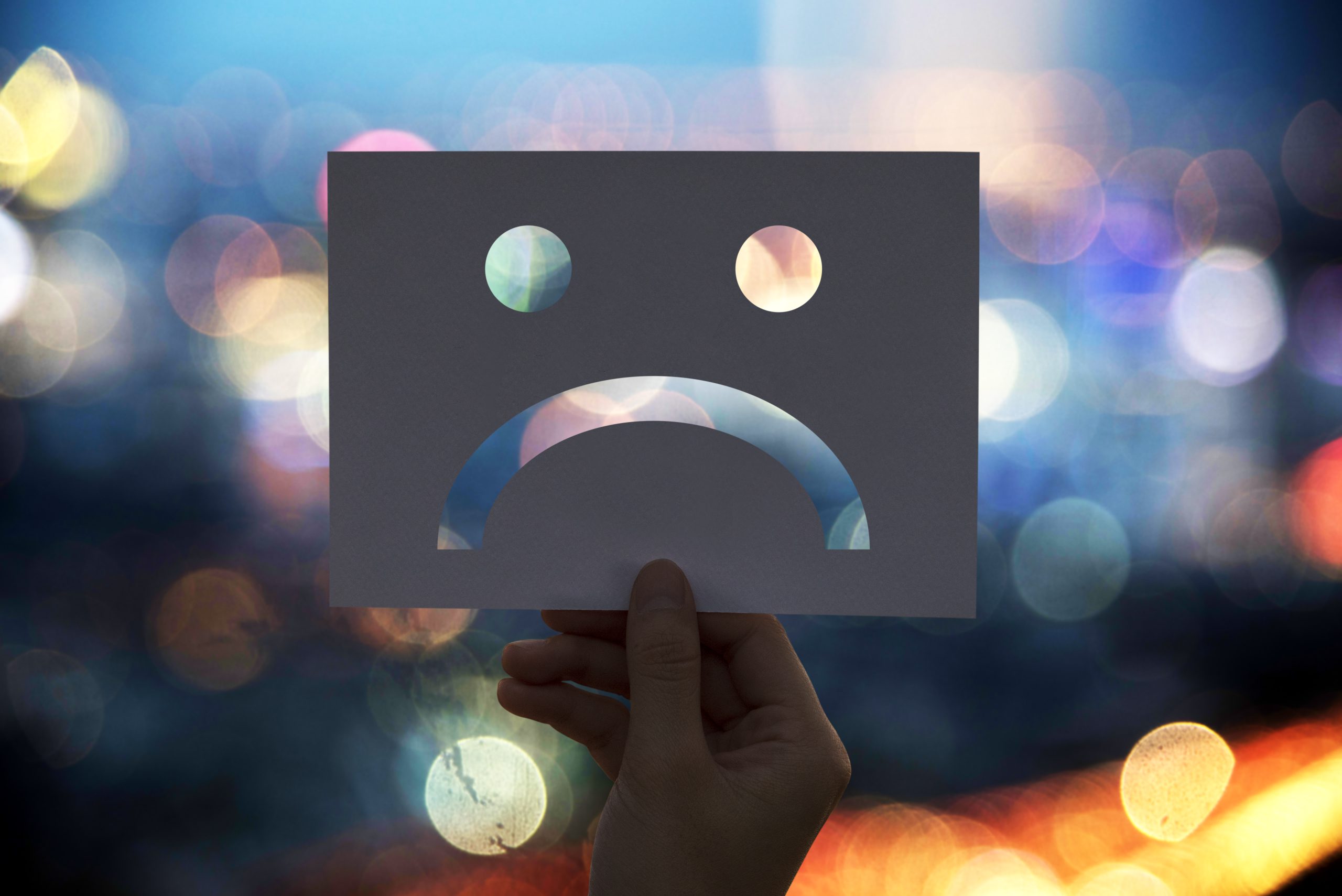“Depression” is widely known in recent years. How well do we know about it? According to the Hong Kong Mental Morbidity Survey, 3 in every 100 Hong Kongers suffer from depression. As modern life becomes increasingly stressful, the depression rate also rises continuously. In fact, depressed individuals may be found within our own social circle.
Depression is a kind of mood disorder. Apart from personality and environmental factors, researches showed that the condition is related to an imbalance of neuro-transmitters in the brain. Without proper treatment, people who suffer from severe depression are unlikely to be able to recover solely through their own willpower. Prolonged depressive mood not only disrupts one’s studies, social and family life, it can also generate suicidal thoughts and self-injurious behaviour. Thus, awareness, early detection and proper treatment are crucial.
Clinical depression or not?
It is not uncommon for us to experience pressure and emotional upheavals as we encounter difficulties or setbacks in facing life’s challenges. We may occasionally feel frustrated, lonely and sad when problems occur in our studies, families or relationships. Fortunately, these feelings are usually temporary and would subside within a few days or a couple of weeks. These negative emotions are regarded as common reactions to unfavorable circumstances and would not be regarded as clinical depression.

Understanding Depression
Depression cannot be defined simply as feeling “unhappy”. It is a kind of mood disorder which involves intense emotional distress, loss of interest and motivation, feelings of worthlessness and meaninglessness, as well as severe disruption to one’s daily functioning and activities.
It is worthwhile to assess whether one is suffering from depression or not by referring to the following symptom checklist:
- Excessive sleepiness or insomnia;
- Fatigue or loss of energy;
- Significant increase or decrease in appetite (a change of more than five percent of body weight in a month);
- Loss of interest in daily activities, hobbies or work;
- Excessive crying and feelings of helplessness and hopelessness;
- Feelings of worthlessness or excessive and inappropriate guilt or self-blame;
- Impairment in concentration, memory, judgment, and decision-making;
- Agitation and restlessness, or slowness in action and speech;
- Recurrent thoughts about death, suicide or self-harm.
If 5 or more of the above symptoms persist for at least 2 consecutive weeks, it is possible that you may be suffering from depression. However, you need not over-worry, depression can be effectively treated. The most common treatments are medication and psychotherapy. The earlier the treatment can begin, the more effective it can be. If you suspect that you are depressed, you should consult doctors or counsellors as early as possible.

Embrace Hope
Disturbance caused by depression may not be comprehensible or understandable to others. Perhaps you wish to share your feelings but do not know where to start with, or are afraid of being judged. Despite your hesitation, support from family and friends and proper treatment are crucial. When you are depressed, you may feel exhausted, worthless, helpless, hopeless, isolated, not being accepted, or even feel like ending your life. Most importantly, these negative feelings do not last. Thought of death shows your depth of suffering and a desperate desire to end pain, and it could be an impulse to avoid difficult feelings.
When ideas of committing suicide arise, do not criticise yourself which may cause more sufferings. Instead, remind yourself that you are not longing for death but a relief and some solutions. You can take some time to calm yourself down, and approach your family, friends, and professionals like doctors, counsellors or social workers for further advice.

Self-Help Tips
If you are diagnosed with depression, do not be afraid or be pessimistic. Follow the self-help tips below together with professional treatment for recovery:
- Tell your family and good friends that you have depression; seek their understanding and assistance;
- Receive regular psychiatric and psychological treatment;
- Attend follow-up consultations and take medication according to doctor’s instructions. Ask the doctor in case you have any doubts in the effects, including side effects, of the medication;
- Have adequate rest, entertainment, exercise, and relaxation;
- Share your upset feelings with others; try to view things from different perspectives;
- Take a break and a deep breath when you feel stressed or restless; continue with your work when your feel more stable;
- Encourage and tell yourself that difficulties are temporary, and they can be overcome;
- Adjust your workload and targets according to your present abilities; do not overstretch yourself which may bring greater frustration;
- Focus on your present work, not your past or future or your depression;
- Join some social activities and engage in enjoyable activities.

To effectively prevent depression, it is essential to foster positive thinking and a balanced lifestyle. Emotional upheaval is a part of our life and knowing how to cope with it is an art. When we feel upset, we can try to acknowledge our negative feelings, and approach family and friends for sharing and assistance. A problem shared is a problem halved. Walk along with the ones who care about you, and together we shall see a brighter future.
Counsellors from Wellness and Counselling Centre (WACC) are also ready to accompany you as you overcome hurdles and brave stormy weather. You can make an appointment with a WACC Counsellor.
You can make an appointment with a WACC Counsellor.
How can I make an appointment?
- By telephone: Call WACC at 3943 7208 or 3943 3493 within office hours to arrange an appointment;
- Through internet: Online booking via WACC Initial Assessment Booking Service (For registered full-time undergraduate and postgraduate students who are new users of WACC counselling service only);
- In person: Visit WACC (located in 2/F Pommerenke Student Centre) within office hours to make an appointment.
If you have an urgent need to see a counsellor, you may visit WACC during office hours. The Duty Counsellor will assess your needs and make appropriate arrangements with you. If you need counselling service during non-office hours, please call the CUHK 24-hour Emotional Support Hotline at 5400 2055 (exclusively for CUHK Full-time Students and Part-time PGDE Students), or seek help from other Counselling Hotlines / Online Counselling Services.





